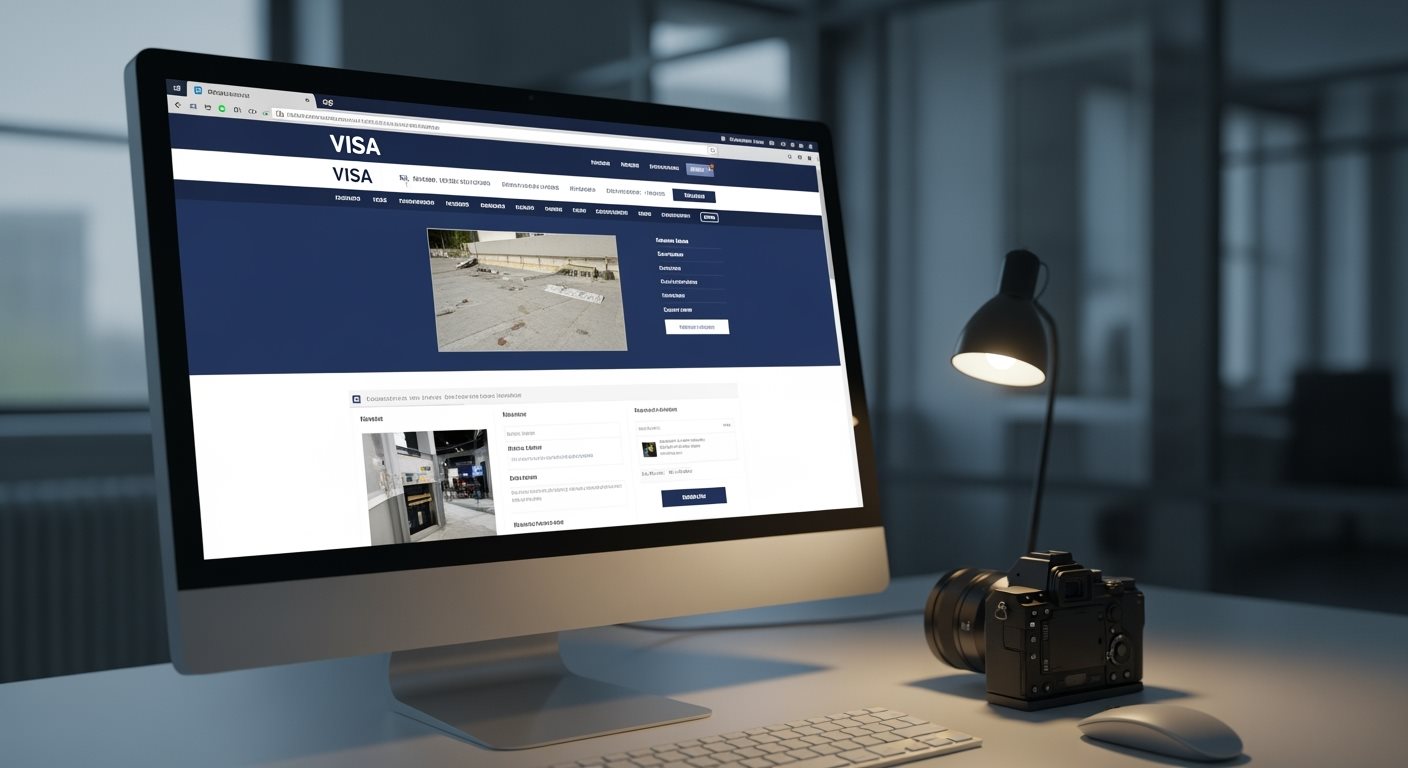Uganda eVisa Fake Websites
Critical warning about fraudulent Uganda eVisa websites. Learn to identify fake visa portals, understand common scam tactics, and protect yourself from website-based fraud targeting visa applicants.
Fake Website Identification
Fraudulent websites are becoming increasingly sophisticated. Learn the key indicators that help distinguish fake visa sites from legitimate government portals.
Suspicious URLs
Non-government domains and misspelled addresses
Poor Design
Low-quality layouts and unprofessional appearance
Hidden Fees
Unexpected charges and inflated pricing
False Promises
Guaranteed approvals and unrealistic claims
URL Red Flags and Warning Signs
Dangerous URL Patterns
Wrong Domain Extensions
uganda-evisa.comugandavisa.orgevisa-uganda.net
Misspelled Domains
ugandaevisa.comuganda-visa.orgugandaevisas.net
Suspicious Subdomains
visa.uganda-gov.comofficial.ugandavisa.orgsecure.uganda-evisa.net
Unusual Country Codes
uganda-visa.tkevisa-uganda.mlugandavisa.ga


Design Quality Red Flags
Poor Design Indicators
Visual Quality Issues
- Pixelated or low-resolution images
- Inconsistent fonts and colors
- Poor layout and alignment
- Broken or missing images
Content Problems
- Spelling and grammar errors
- Outdated or incorrect information
- Generic or placeholder text
- Missing or incomplete pages
Functionality Issues
- Broken links and navigation
- Non-functional contact forms
- Missing search functionality
- Poor mobile responsiveness
Trust Indicators Missing
- No privacy policy or terms
- Missing contact information
- No security badges or certificates
- Absence of government branding
Common Fake Website Tactics
| Tactic | How It Works | Warning Signs | Protection |
|---|---|---|---|
| Domain Spoofing | Using similar-looking domain names to official sites | Slight misspellings, wrong extensions | Always verify exact domain spelling |
| Visual Copying | Replicating official website design and layout | Lower quality images, broken elements | Check URL and security certificates |
| SEO Manipulation | Appearing high in search results through ads | "Ad" labels, non-government domains | Ignore ads, use official links |
| Urgency Creation | Creating false deadlines and pressure | Limited time offers, countdown timers | Verify deadlines with official sources |
| Social Proof Faking | Fake reviews and testimonials | Generic reviews, stock photos | Check independent review platforms |
Website Verification Checklist
Before Using Any Visa Website
Technical Verification
Content Verification
What to Do If You Encounter a Fake Website
Do Not Proceed
Immediately stop using the website and do not enter any personal information or make payments.
Document Evidence
Take screenshots of the fake website, note the URL, and record any suspicious elements or claims.
Report the Fake Site
Report the fraudulent website to cybercrime authorities, your local police, and the hosting provider.
Use Official Channels
Navigate to the verified official Uganda government website to complete your visa application safely.
Browser Protection Against Fake Websites
Security Features
- Enable phishing protection
- Turn on malware scanning
- Use safe browsing features
- Enable security warnings
- Keep browser updated
Additional Tools
- Install reputable antivirus software
- Use ad blockers to prevent fake ads
- Enable DNS filtering services
- Consider VPN for additional security
- Use password managers
Fake Website FAQ
Ready to Apply Safely and Avoid Fake Websites?
Protect yourself from fraudulent visa websites by using only the verified official Uganda government portal for your eVisa application.
